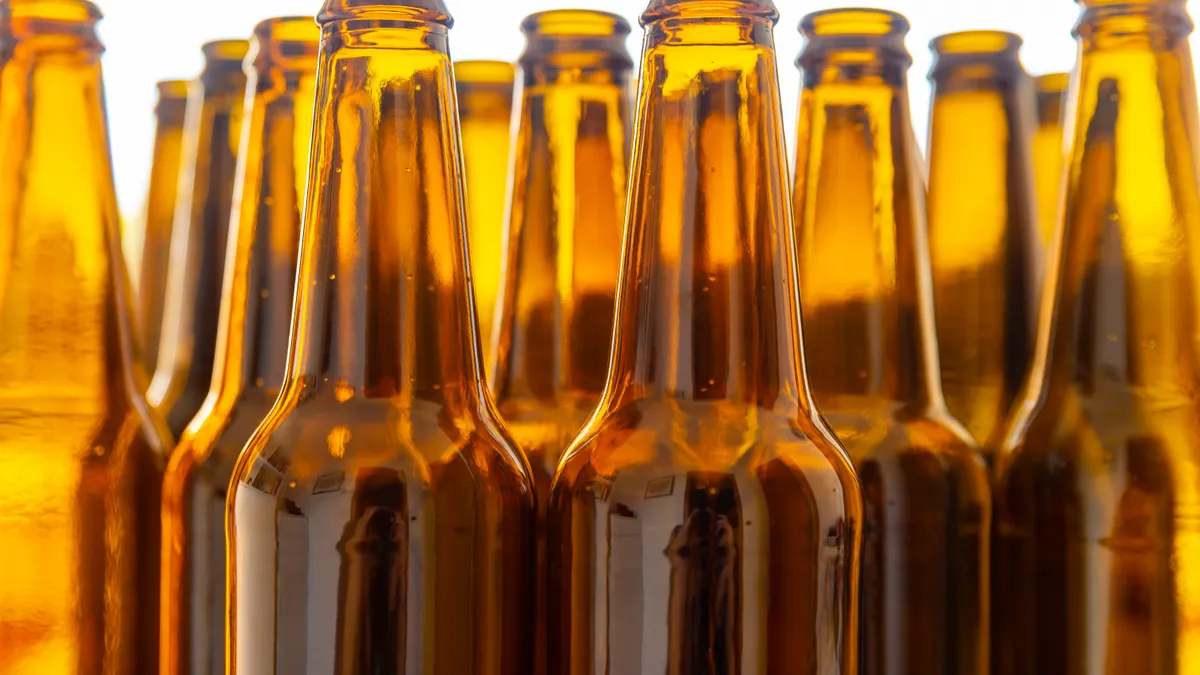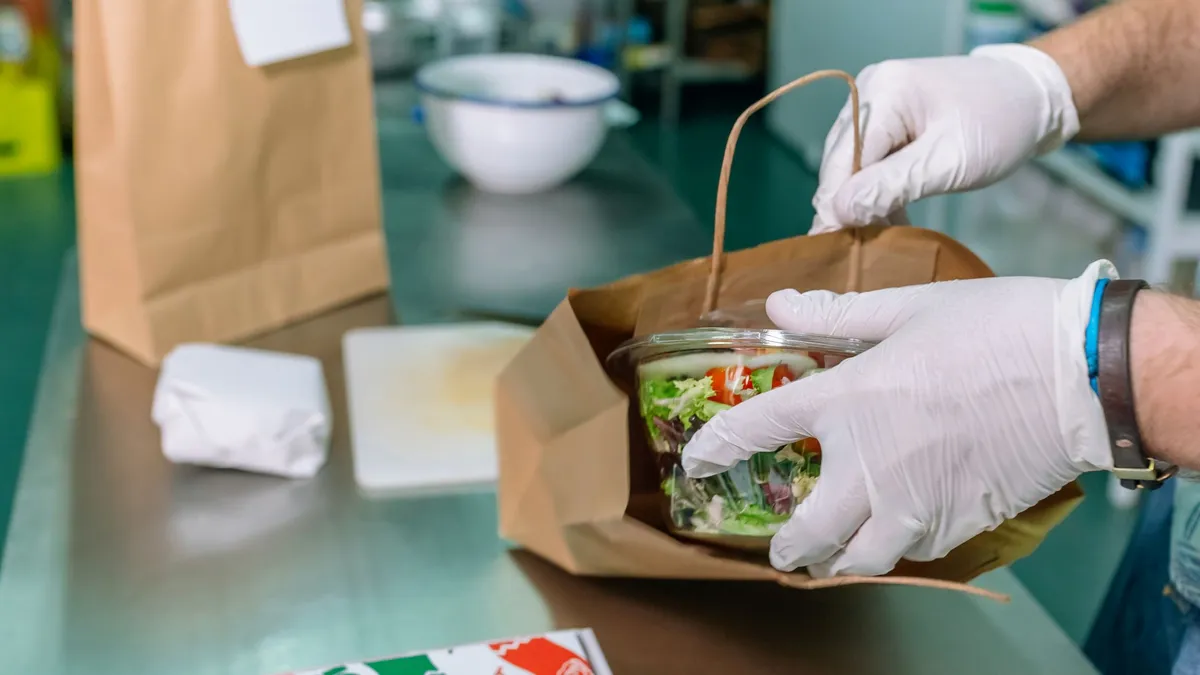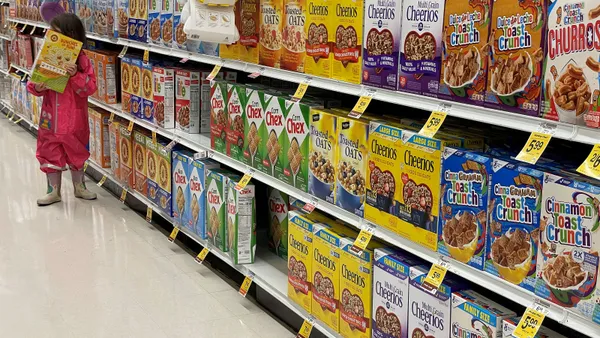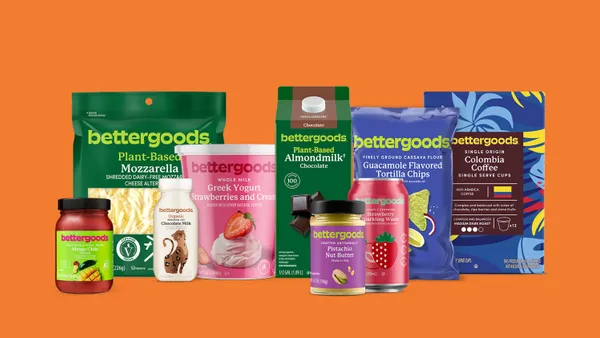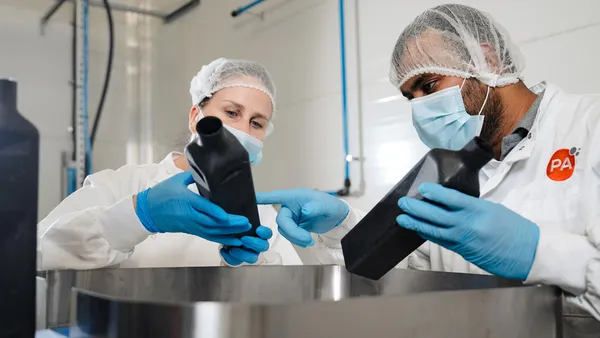Glass bottles’ share of the U.S. beer packaging mix fell again in 2023, according to 2024 estimates shared by the Beer Institute. That substrate’s prominence in beer has been on the decline for the last decade, barring a slight uptick in 2022.
The Beer Institute, a national trade association representing large and small American brewers, importers and industry suppliers, says it has tracked beer packaging trends since 1981, using information from major brewers, the U.S. Department of Commerce, the Can Manufacturers Institute and the Glass Packaging Institute.
The group noted that in 2023, the national breakdown for beer packaging was 64.1% in aluminum cans, 26.9% in glass bottles, and 8.9% draft. For imported beer specifically, more than half (55%) was packaged in glass bottles, with 40% in cans and 5% on draft.
Glass bottles have lost share in US beer packaging mix the last decade
On a state-by-state basis in 2023, Maryland had the highest proportion of beer sold in glass bottles at 35.9%, with 56.1% in metal cans and 8% on draft. Arkansas had the highest proportion in metal cans at 75.3%, with 20% in glass bottles and 4.7% on draft.
Overall, beer shipments dropped off in 2023, according to the group’s data. Beer shipments totaled about 191.8 million in 2023, down from 202.2 million in 2022 and 208.9 million in 2021. Multiple major U.S. brewers have recently shuttered manufacturing sites and invested in growing their non-beer or non-alcoholic offerings.
Anheuser-Busch is in the process of closing a Massachusetts distribution facility, cutting 193 jobs, but also this fall announced a $16 million expansion of a Los Angeles brewery to increase production capacity for 25-ounce cans and beverages like Cutwater and Nütrl, two ready-to-drink canned cocktails. Revenues were up about 2% in Q3. The company is coming off a boycott in 2023 of its Bud Light beer brand, which also impacted results at major suppliers like can-maker Ball.
In a similar vein, Molson Coors last week announced it would close a 150-year-old brewery in Chippewa Falls, Wisconsin, impacting some 56 jobs, as it rethinks its beer manufacturing strategy and shifts operations to Milwaukee. The company also announced it purchased a majority ownership stake in Zoa, a zero-sugar energy drink brand. Net sales at the brewer declined nearly 8% in Q3 and lowered its top-line guidance for 2024.
O-I Glass CEO Gordon Hardie said on a recent earnings call that beer consumption, along with that of wine and spirits, had improved over the course of 2024 but was still down year over year, while non-alcoholic beverages have been on the rise. O-I continues to work to diversify its product mix, including to RTD cocktails.
On the cans side, Crown Holdings CEO Tim Donahue told analysts on a recent earnings call that he thinks “at some point, beer will find its footing, but there has been a bit of a cannibalization in beer” from non-alcoholic drinks. During Q3 in North America, Crown saw the alcohol segment grow faster than its non-alcohol counterpart, and “some of that could be a bounce back of some of the mass beer declines we've experienced over the last seven or eight quarters.”
Ball said aluminum packaging volumes during Q3 were “softer than expected,” citing exposure to U.S. domestic beer and a pressured end consumer. CEO Dan Fisher noted to analysts on the recent earnings call that while the beer category has declined for two decades, beer’s packaging shift in favor of cans “has more than offset that.”



